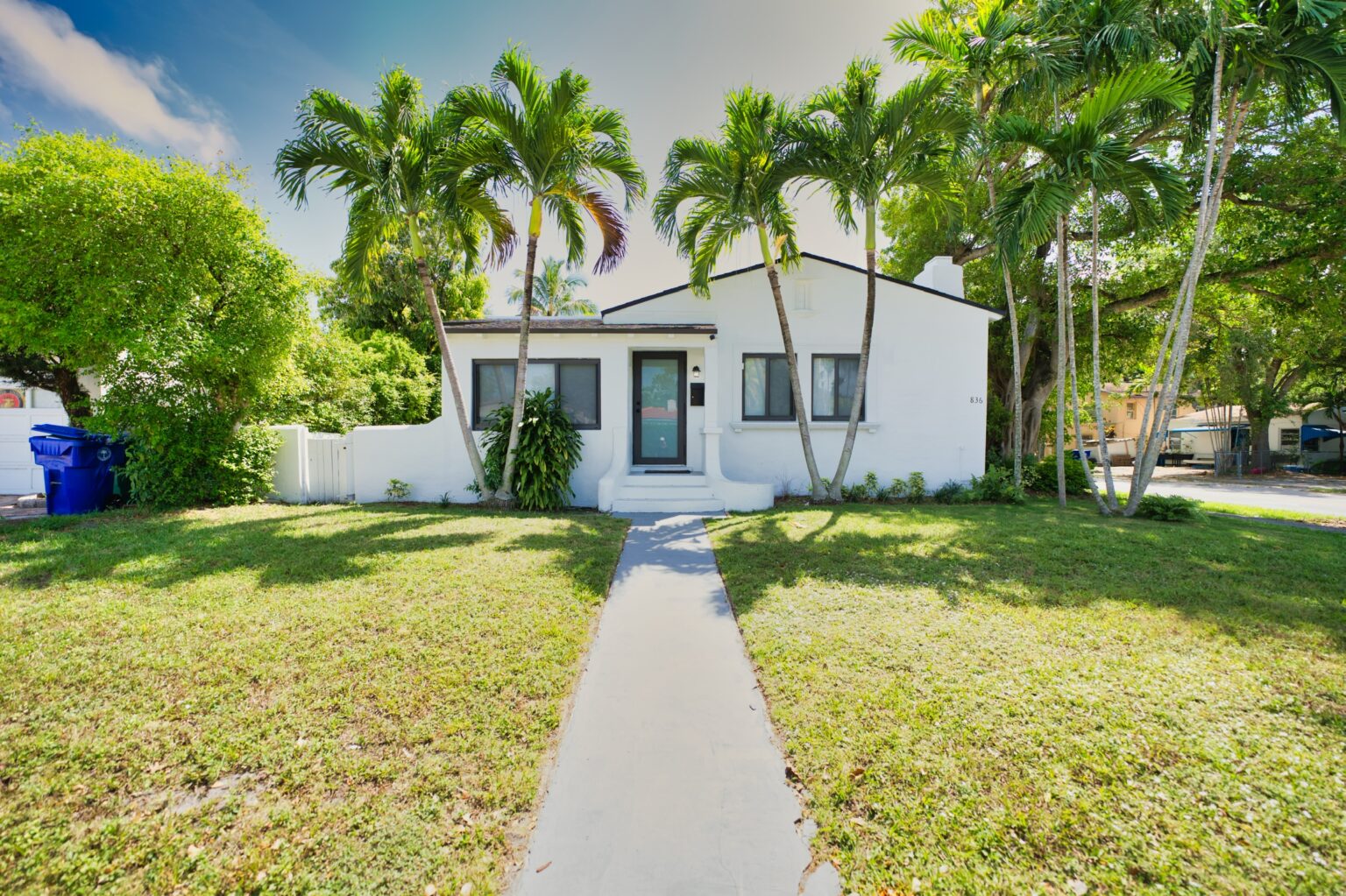
When it comes to safeguarding your home or business against the destructive forces of hurricanes, impact hurricane windows and doors are a vital investment. While these products offer critical protection, you might be wondering if there are government incentives or rebates available to help offset the costs. In this article, we’ll delve into the world of government incentives and explore whether you can access financial assistance for installing impact hurricane windows and doors.
The Importance of Impact Hurricane Windows and Doors
Impact hurricane windows and doors are specially designed to withstand the extreme forces generated by hurricanes, tropical storms, and other severe weather conditions. These specialized products provide a protective barrier against flying debris, strong winds, and water infiltration, making them an essential addition to properties in hurricane-prone regions.
The installation of impact hurricane windows and doors can significantly enhance the safety of your property and its occupants during a storm. Furthermore, they offer benefits such as energy efficiency, sound insulation, and increased property value.
Government Incentives and Rebates
Government incentives and rebates are financial benefits provided by federal, state, or local government agencies to encourage individuals and businesses to invest in products or practices that contribute to safety, energy efficiency, and environmental conservation. While incentives and rebates for impact hurricane windows and doors may vary by location, they often fall into the following categories:
1. Tax Credits: Some governments offer tax credits to homeowners and businesses that install impact hurricane windows and doors. These credits can directly reduce your tax liability, making the investment more affordable.
2. Rebates: Rebates are cash incentives provided by government agencies to offset a portion of the purchase and installation costs. These rebates can be particularly helpful in reducing the initial expenses.
3. Grants: Grants are financial awards provided by government agencies or organizations to support specific projects or initiatives. While not as common as tax credits or rebates, grants can be a valuable source of financial support for impact-resistant products.
4. Low-Interest Loans: In some cases, government agencies offer low-interest loans to homeowners and businesses for energy-efficient or safety-enhancing home improvements, including the installation of impact hurricane windows and doors.
5. Local Programs: Some local governments or utility companies run their own incentive programs, offering residents and businesses unique opportunities for financial support.
Federal Incentives
At the federal level, the United States offers some incentives and rebates that may apply to impact hurricane windows and doors:
1. Residential Energy Efficiency Tax Credit: The federal government has previously offered tax credits for energy-efficient home improvements, including windows and doors. While these credits may not specifically target impact resistance, the enhanced energy efficiency of impact-resistant products can contribute to overall energy savings.
2. Federal Emergency Management Agency (FEMA) Grants: FEMA provides grants to state and local governments for mitigation projects aimed at reducing the impact of disasters, including hurricanes. Some of these grants may indirectly support the installation of impact hurricane windows and doors, especially in disaster-prone areas.
State and Local Programs
Many states and local governments have their own incentive programs and rebates tailored to the specific needs of their communities. These programs often prioritize safety and energy efficiency. To find out if your state or locality offers incentives for impact hurricane windows and doors, consider the following steps:
1. Contact Your State Energy Office: State energy offices can provide information about energy-related incentives and rebates. They can guide you to the relevant programs in your area.
2. Check Local Utility Companies: Local utility companies often run energy efficiency programs and may offer rebates or incentives for certain home improvements, including energy-efficient windows and doors.
3. Consult Local Government Websites: Visit the websites of your city or county government to see if they provide information on safety or energy efficiency programs.
4. Ask Your Contractor: Experienced contractors are often aware of local incentive programs and can guide you in exploring available options.
Eligibility and Requirements
It’s important to note that eligibility and requirements for government incentives and rebates can vary widely. These variations may depend on factors such as the type of product installed, the level of energy efficiency achieved, and the location of your property. To ensure you meet all eligibility criteria and take full advantage of available incentives, consider the following:
1. Product Certification: Some programs may require that the impact hurricane windows and doors meet specific certification or performance standards. Be sure to choose products that meet the required criteria.
2. Professional Installation: In many cases, professional installation by licensed contractors may be a requirement to qualify for incentives and rebates.
3. Documentation: Keep detailed records of the product purchase, installation, and any required documentation. This will be important when applying for incentives or rebates.
4. Application Deadlines: Be aware of application deadlines and submission requirements. Missing deadlines could result in losing out on financial support.
5. Consult with Government Agencies: If you have questions or uncertainties about eligibility and requirements, don’t hesitate to reach out to relevant government agencies for guidance.
Conclusion
In conclusion, government incentives and rebates for installing impact hurricane windows and doors can help reduce the financial burden of this essential safety investment. These incentives can include tax credits, rebates, grants, low-interest loans, and local programs, which vary by location and government level.
To explore your options, start by contacting your state energy office, local utility companies, or local government websites. Ensure that you understand the eligibility and documentation requirements, and consider seeking professional advice when selecting and installing impact-resistant products.
By taking advantage of available incentives and rebates, you can make your property safer, more energy-efficient, and environmentally responsible, all while saving on your investment in impact hurricane windows and doors.





